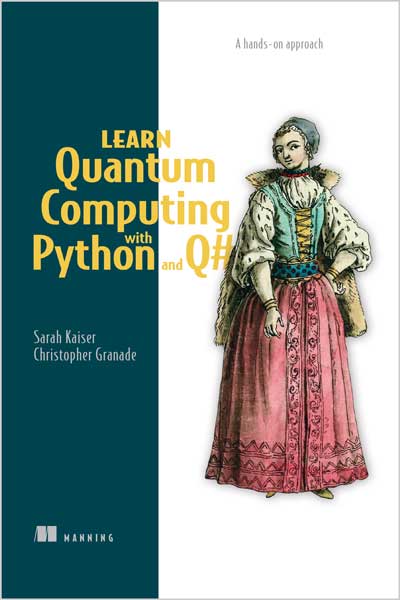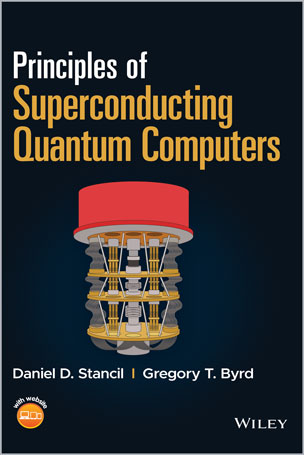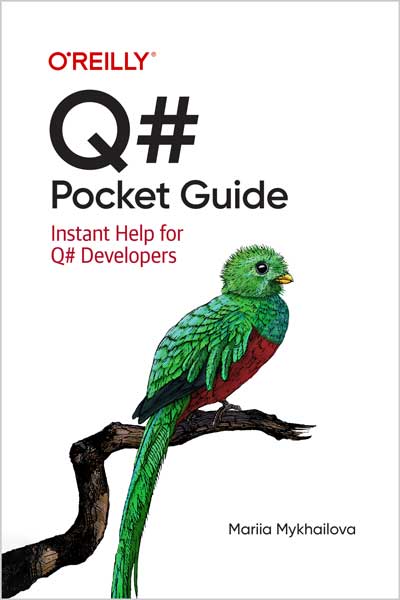An Applied Approach
Jack D. Hidary

#Quantum
#Computing
This book integrates the foundations of quantum computing with a hands-on coding approach to this emerging field; it is the first to bring these elements together in an updated manner. This work is suitable for both academic coursework and corporate technical training.
The second edition includes extensive updates and revisions, both to textual content and to the code. Sections have been added on quantum machine learning, quantum error correction, Dirac notation and more. This new edition benefits from the input of the many faculty, students, corporate engineering teams, and independent readers who have used the first edition.
This volume comprises three books under one cover: Part I outlines the necessary foundations of quantum computing and quantum circuits. Part II walks through the canon of quantum computing algorithms and provides code on a range of quantum computing methods in current use. Part III covers the mathematical toolkit required to master quantum computing. Additional resources include a table of operators and circuit elements and a companion GitHub site providing code and updates.
Table of Contents
Part I Foundations
CHAPTER 1 Superposition, Entanglement and Reversibility
CHAPTER 2 A Brief History of Quantum Computing
CHAPTER 3 Qubits, Operators and Measurement
CHAPTER 4 Complexity Theory
Part II Hardware and Applications
CHAPTER 5 Building a Quantum Computer
CHAPTER 6 Development Libraries for Quantum Computer Programming
CHAPTER 7 Teleportation, Superdense Coding and Bell's Inequality
CHAPTER 8 The Canon: Code Walkthroughs
CHAPTER 9 Quantum Computing Methods
CHAPTER 10 Applications and Quantum Supremacy
Part III Toolkit
CHAPTER 11 Mathematical Tools for Quantum Computing I
CHAPTER 12 Mathematical Tools for Quantum Computing II
CHAPTER 13 Mathematical Tools for Quantum Computing 1/1
CHAPTER 14 Dirac Notation
15 Table of Quantum Operators and Core Circuits
About the Author
Jack D. Hidary focuses on AI and on quantum computing at Alphabet X, formerly Google X. He and his group develop and research algorithms for NISQ-regime quantum processors as well as create new software libraries for quantum computing. In the AI field, Jack and his group focus on fundamental research such as the generalization of deep networks as well as applied AI technologies.









